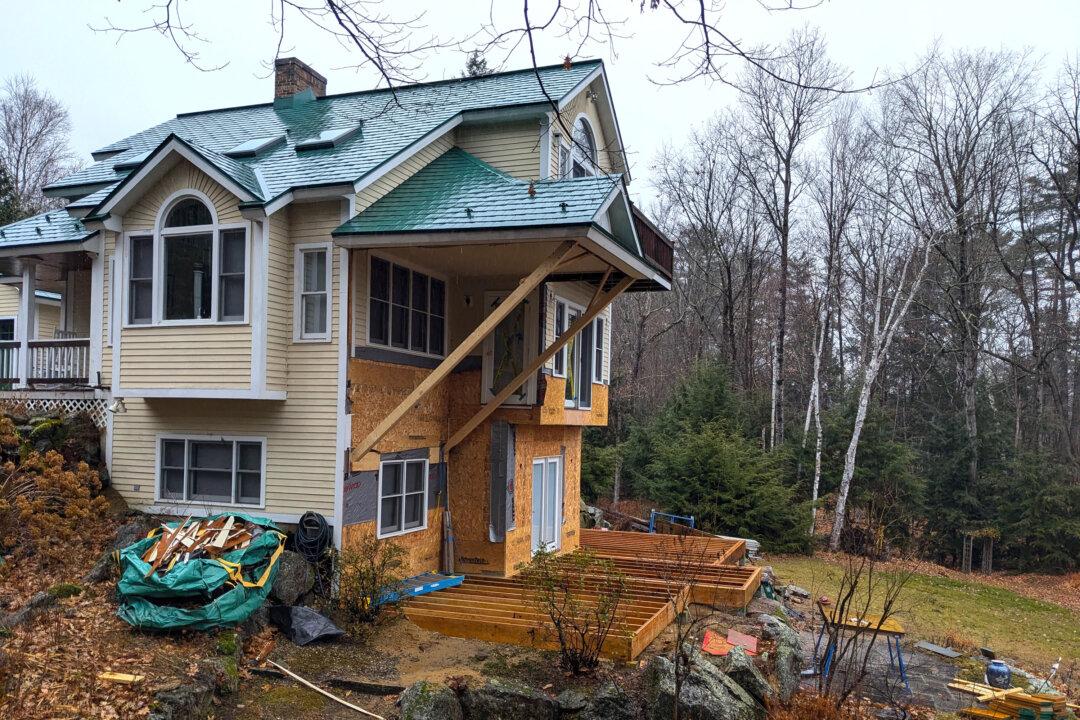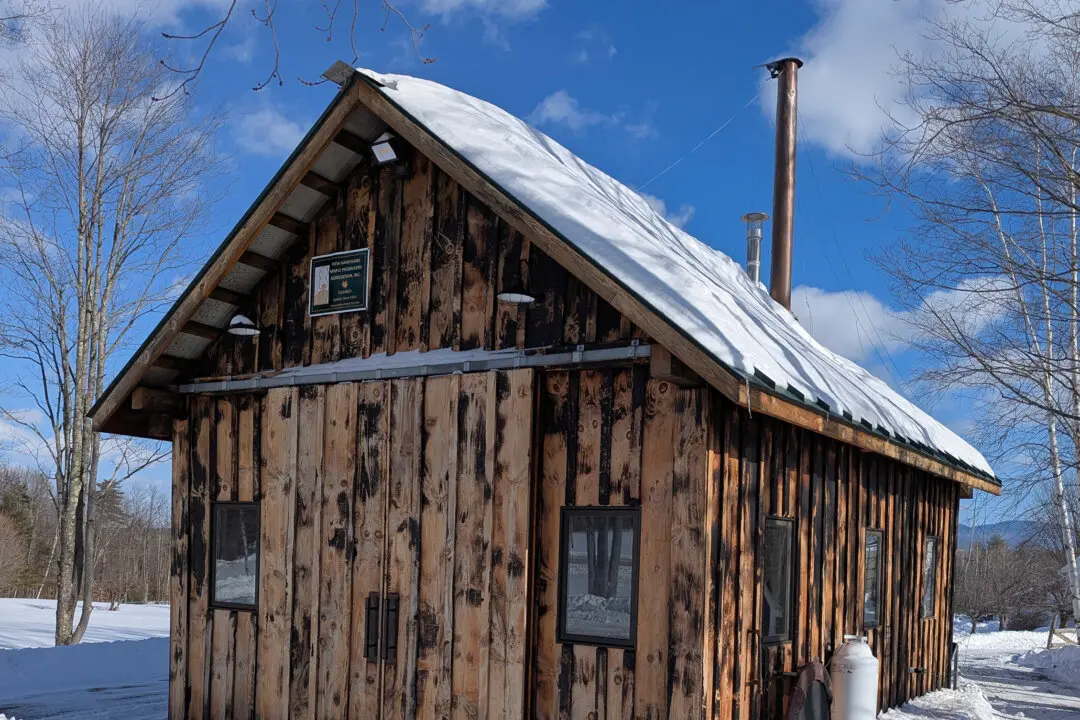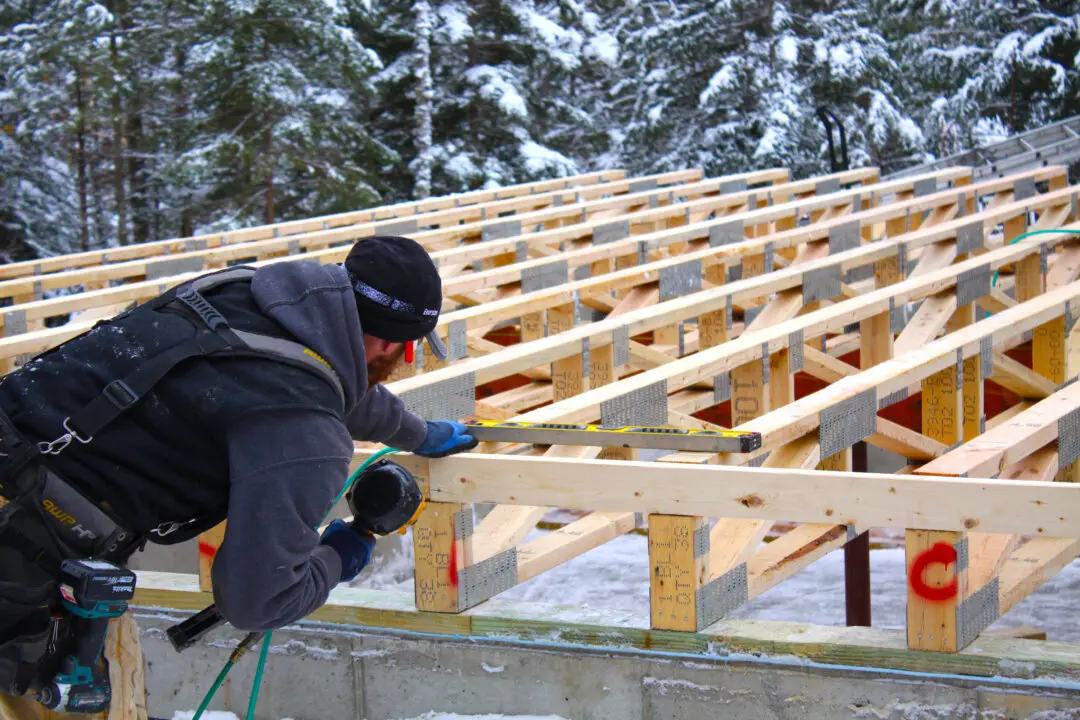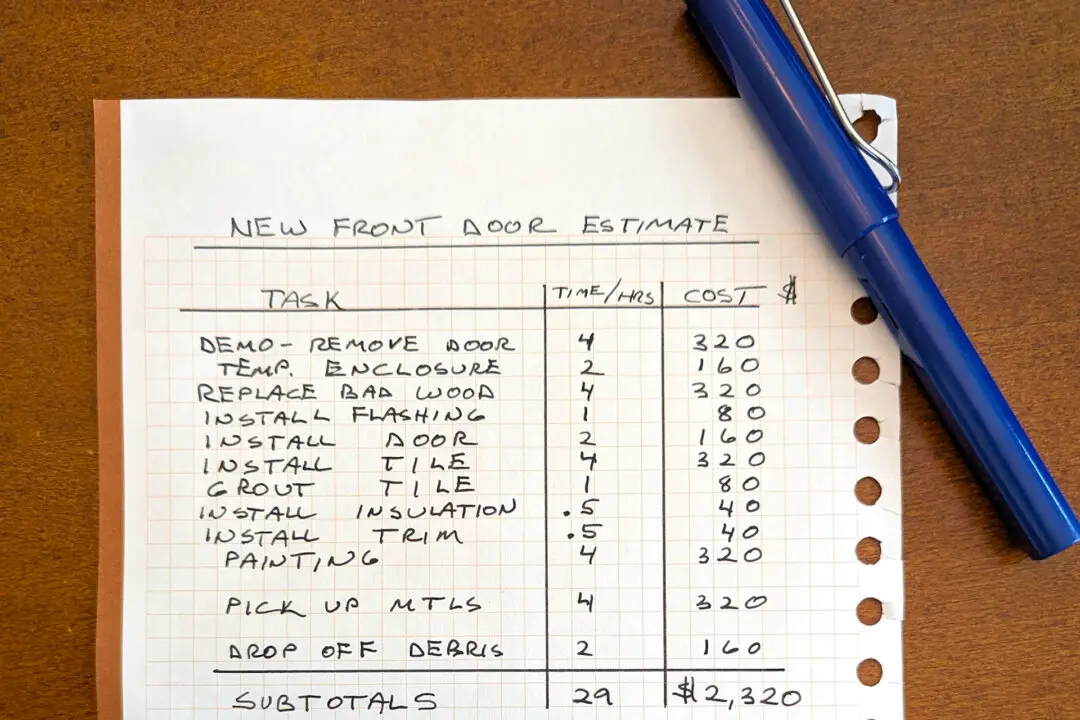Were you 100 percent satisfied with all of the work done on your last large project? I’m talking about near perfection. If you did an autopsy of all the problems, errors, and delays on the big job, what do you think would be the top causes? How do you prevent problems? The answers may surprise you.
I was recently hired by a young couple in Denver to be their virtual general contractor. They’re building a new home up in the high desert west of the metropolis. The magic of modern technology makes it possible for me to help them in this way. Routine video calls from the job site allow me to be there even though I’m 2,000 miles away.





